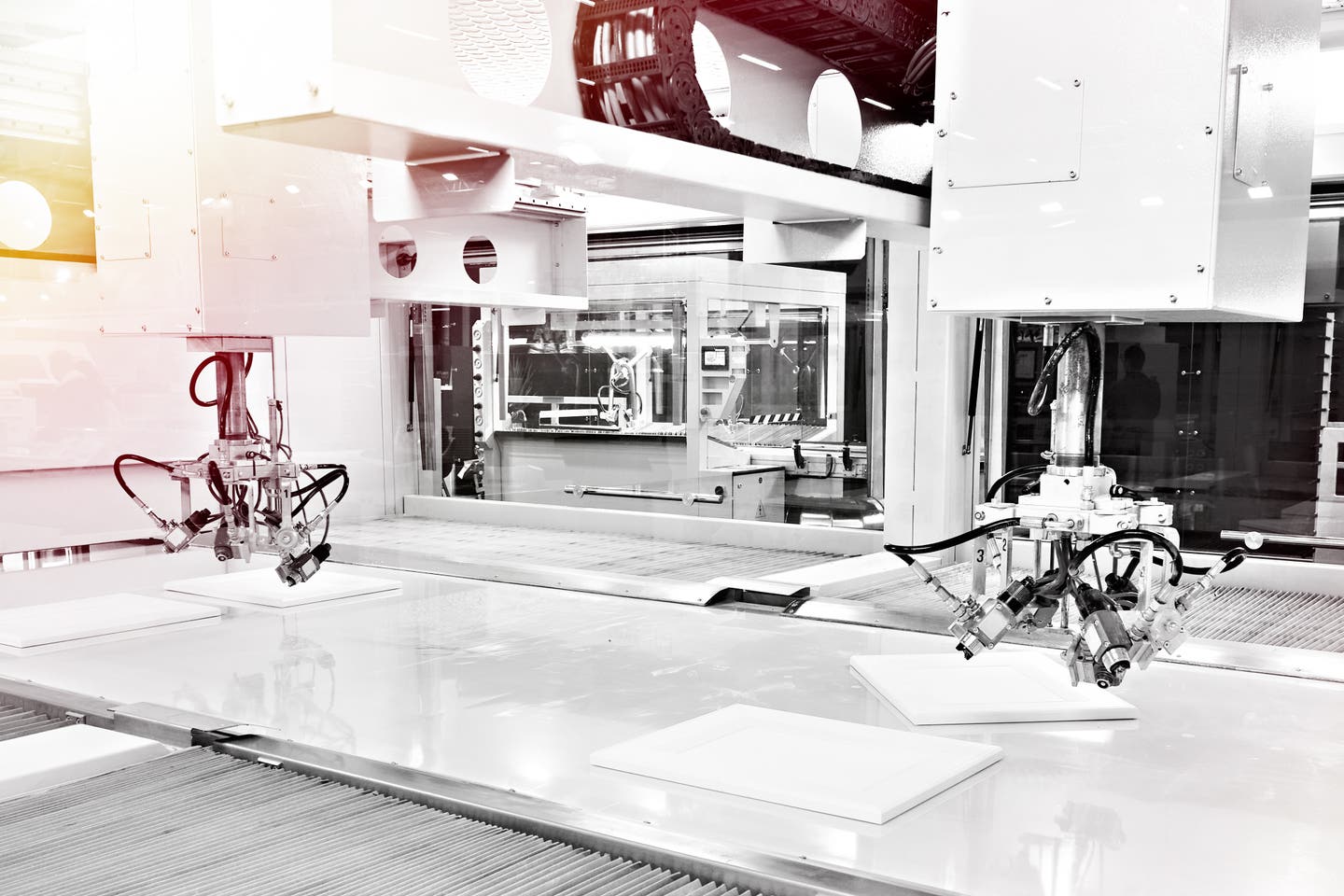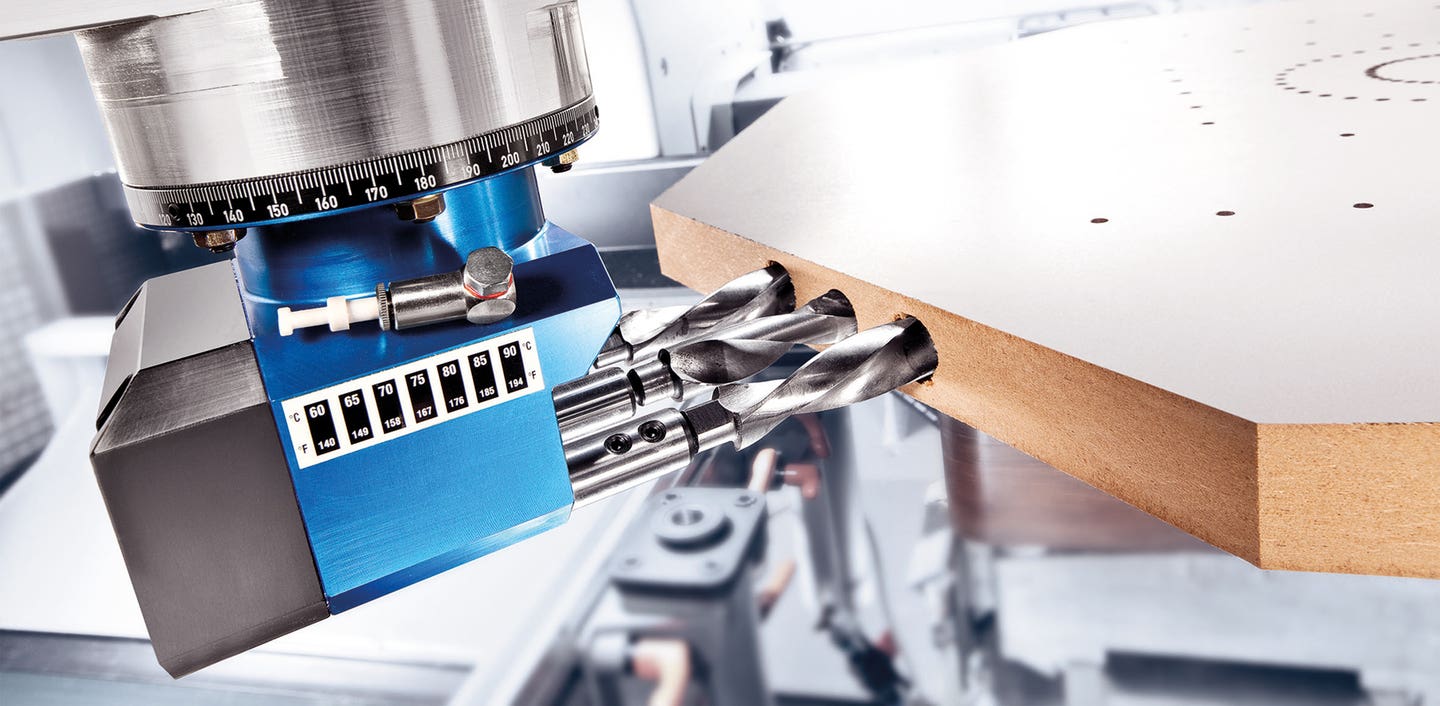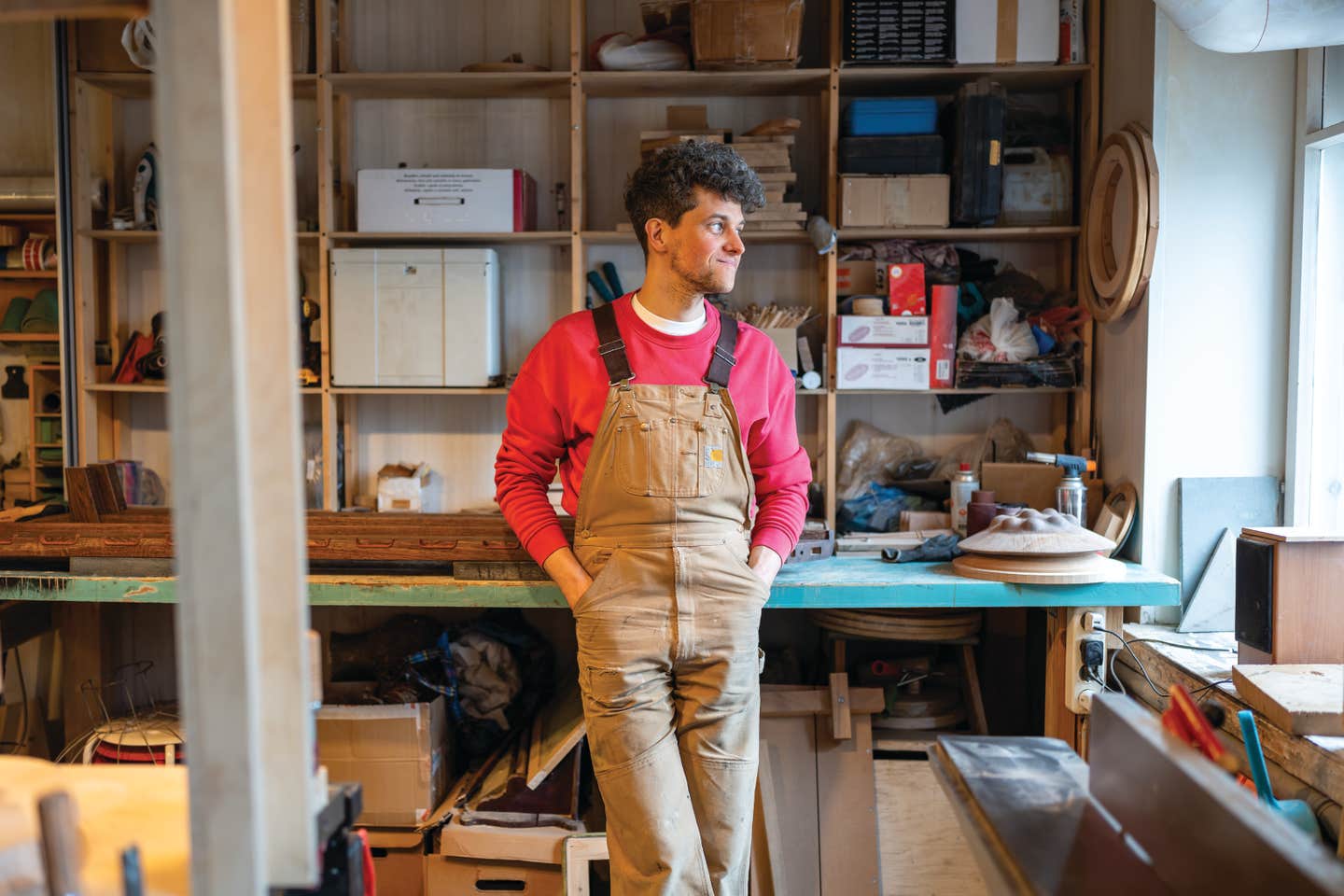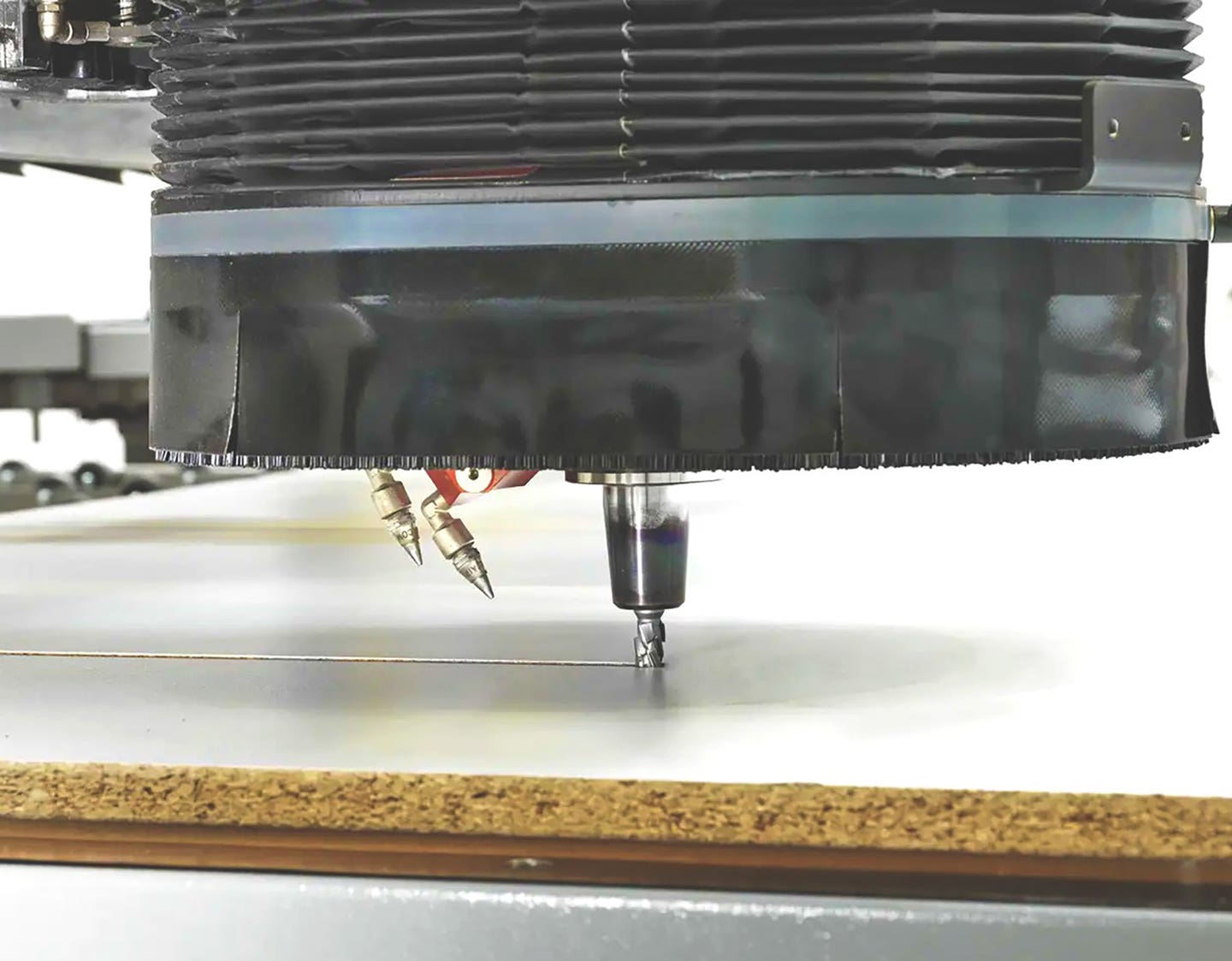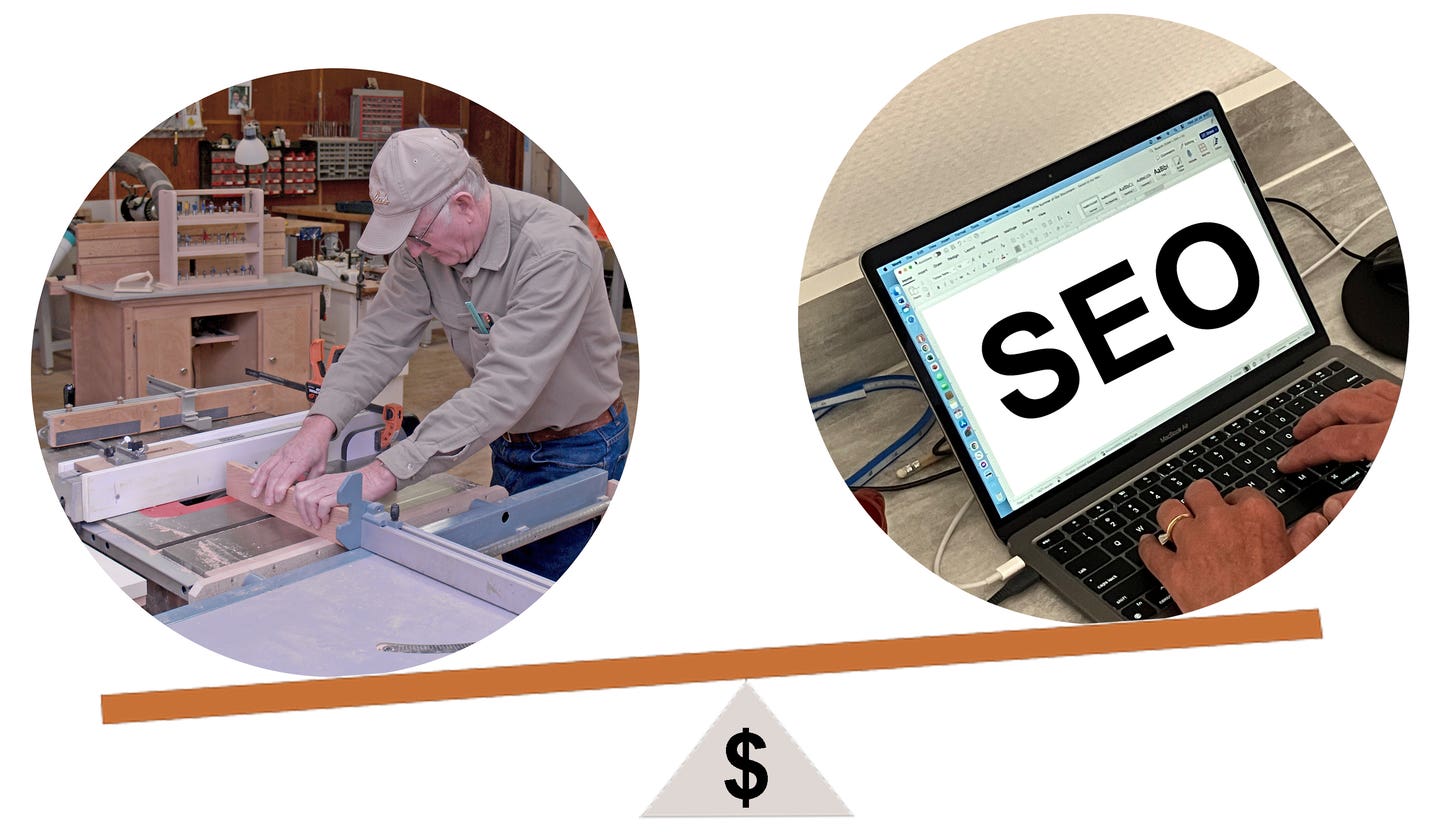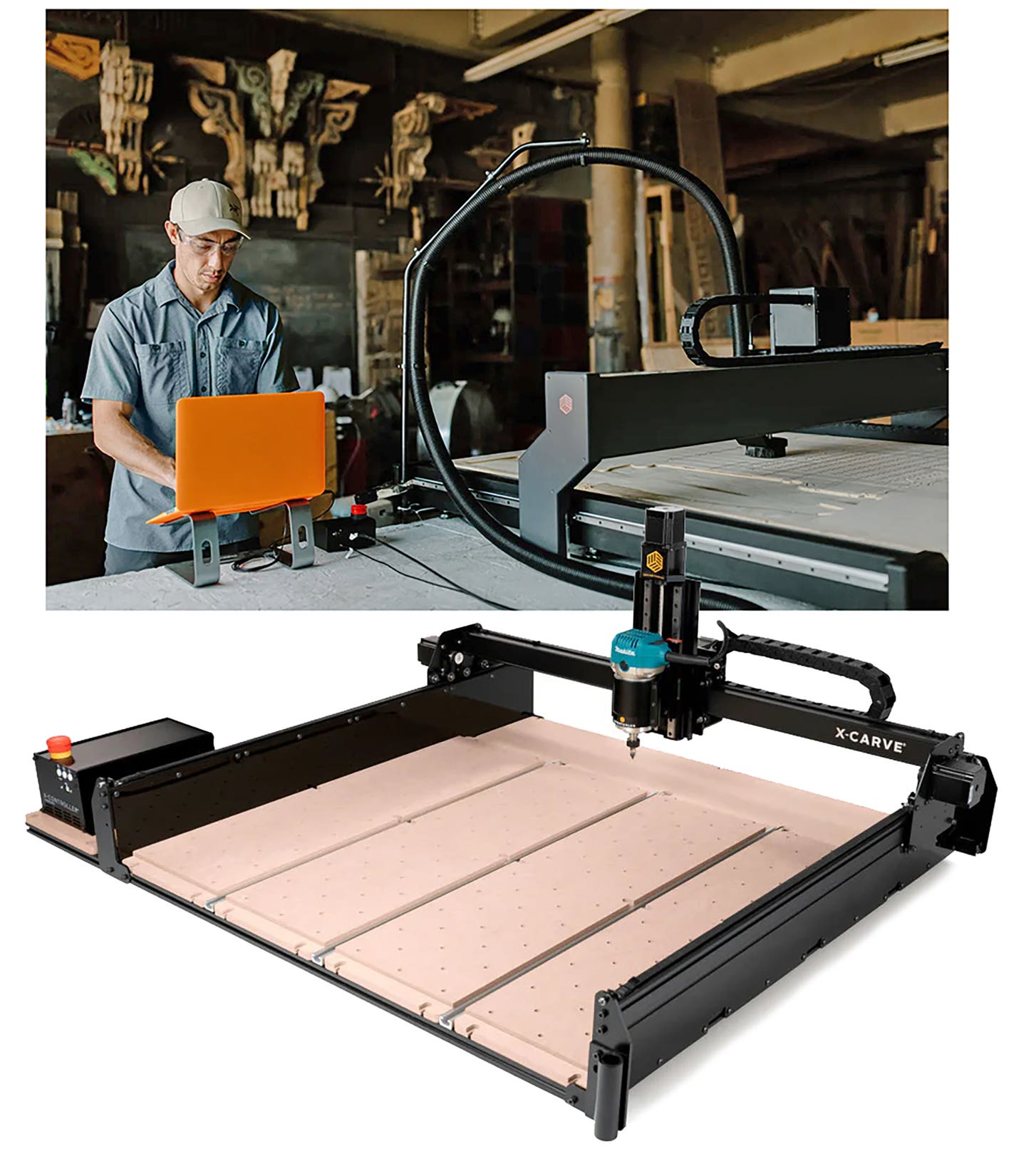A Budding Business
William’s Handcrafted, led by William Butler, is off to a solid start.
William’s Handcrafted, a rising cabinet shop in Richmond, Va., is gaining traction in its mission to expand. The 26-year-old owner and founder, William Butler, discovered woodworking in high school and became determined to make it his career. He’s proud to say that 2023, which closed out around $450,000 in sales, has been the company’s best year by far.
“We’re actively working to grow and expand,” says Butler. “In the first half of 2023, we did as much in business as we ever did. More work has come through the shop doors. We’ve traditionally done about 30 percent with trade partners, such as interior designers, builders, contractors, and 70 percent with private clients. We’re trying to flip that and do about 70 percent with trade partners and 30 percent with private clients.”
Butler has two employees, shop foreman Jordan Ledbetter and finisher Richie Rice. Working out of a two-story building on the property of a national historic landmark, Historic Tuckahoe, the team focuses primarily on high-end residential work in the greater Richmond market.
Two-time state champ
Butler, who grew up in the nearby Henrico County, started woodworking in middle school after acquiring a few tools from his late grandfather.
“I was pretty much self-taught for my first four years through YouTube, TV shows, and trial and error. In 2011, I dove headfirst into it at 14. My parents and I built a 12’ x 16’ workshop in their backyard for me to work in.”
After his freshman year at Deep Run High School, he joined a summer building trades program, then attended a carpentry program through the school’s adjunct Highland Springs Technical Center. That gave him the opportunity to compete in a cabinetmaking contest with SkillsUSA Virginia, which he won in 2014, and put him in touch with the state’s contest chair, Haley Pearsall, who ran Haley Pearsall Cabinetmakers in Richmond. Pearsall became a mentor, helping Butler place 13th at the national contest and hiring him. Butler repeated as state champ in 2015.
“The experience gave me affirmation and confidence to move forward with this as a career. I think it gave my parents confidence, too. They were hoping I was going to college. They went to Duke. I loved Duke growing up and I still do, but when I won, it helped me decide this is the direction I would go,” says Butler.
After graduation, Butler worked for a remodeling company until the spring of 2016, when he set out on his own. He obtained a general contractor’s license and attended a seminar on how to start a small business. Working out of his parent’s shed under the name William’s Handcrafted, various cabinetry projects rolled in via word of mouth. In need of more space, Butler moved his enterprise into a community woodshop until Pearsall made an offer.
“Haley called one day, fully retired, and wanted to sell his shop,” says Butler. “So, I used my college fund to buy a workshop and a box truck. I had the faith and confidence of my parents, and they were able to help me with that initial start. I’m incredibly blessed and incredibly fortunate to be in this shop with all this equipment.”
The shop is on the grounds of Historic Tuckahoe, the boyhood home of Thomas Jefferson from 1746 to 1751.
“When I bought the shop, I just bought the assets of the business, meaning the tools and everything inside. I didn’t get a name or customer list, things like that, because a lot of his customers weren’t buying woodwork anymore and his contractors all retired. So, I was able to move in basically turnkey to a fully functioning workshop. That was a huge leg up for me.”
The shop is leased through the Tuckahoe property owners and offers about 2,000-sq.-ft. of shop space, plus room for an office, showroom and storage.
“We think it was an old wheat threshing barn,” says Butler. “This building is private, but the rest of the land is public, which can tour the main house and grounds.”
Increasing momentum
In his first year at the new shop, Butler hired a friend who helped him build projects while he navigated the market to grow his clientele.
“Getting started was a little tricky. I started out by literally finding some interior designers in Richmond and cold calling them, sending emails and making introductions. I got a couple of leads from that,” says Butler.
That first year brought jobs at six houses in one neighborhood and an office space for an architectural firm.
By 2018, Butler’s friend had moved on to other pursuits, so he hired a former co-worker of Pearsall’s. Jim Freund was a cabinetmaker and finisher approaching retirement who taught Butler the tricks of the trade. Once Freund left, he hired Ledbetter in 2019, followed by Rice about a year ago.
Butler has also hired marketing help to revamp his logo, website, and improve his social media and online brand presence.
He pays special attention to his high-end customer base. “We make sure a client’s experience is the best possible. Many of them are CEOs and other working professionals or retired, and they’re used to highly effective businesses and excellent customer experiences, and we try to give that to them.”
It’s good to be young
Butler relishes the role of a young entrepreneur. “Being young, I’ve been able to learn a lot from mentors on what to do and what not to do. I’ve always had exposure to social media, CAD programs, CNC machines, so I’m not afraid of that and my guys aren’t afraid of that.”
Having said that, the shop has its challenges and can’t physically support a CNC router, which Butler is interested in.
“I don’t think we’ll stay here too long. It’s a great shop, the rent is cheap, but we have to be creative with how we work,” he says. “We just got an off-site storage unit which has helped us take on bigger projects.”
Butler married his wife Chloe in 2022 and is active in his church and community. While he has a lot on his plate, he has also filled Pearsall’s shoes as chairman of the SkillsUSA Virginia cabinetmaking contest, where he assists in contest organization, project plans, and helps acquire materials and sponsors.
“It’s really cool to give back to that organization and help upcoming students in the trade. We’re working to grow that program because we’ve seen a little bit of decline in recent years because of Covid and lack of interest. So, we’re trying to get that built back up and get more participants, and also help the advisors who are really struggling with resources, such as money to buy materials.”
Learn more at williamshandcrafted.com.
This article was originally published in the March 2024 issue.


